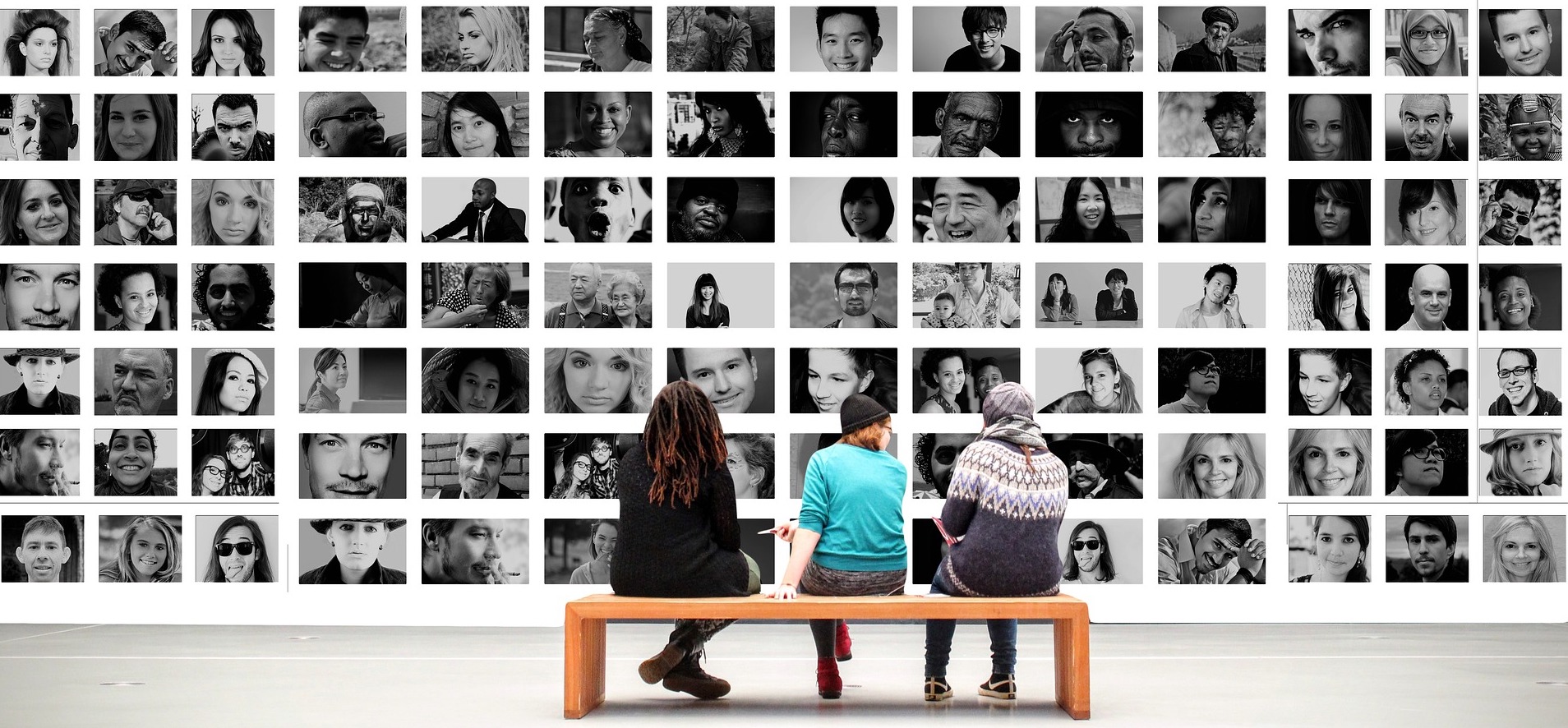My favorite elementary school project was on the animals of the Serengeti plains in Africa. But the two other members of my team were not so enthusiastic, and were happy to let me do all the work. We got a good grade and were all commended when we presented it, but I felt resentful. It didn’t seem fair they should benefit from what I had done and, even at the ripe old age of ten, I nurtured my self-pity into self-righteous indignation. No doubt we’ve all had experiences like this: perhaps we’ve had to pull the most weight at work, or taken on the lion’s share of responsibility in the family, or always seem to be the one to take the initiative in a relationship. We might be glad to do it (I loved that project!) but seeing others reap a benefit they didn’t earn can rile us.
Dr. Martin Luther King worked at great personal cost for a world that benefitted everyone. He fought against racial injustice knowing that his dream of a better future would benefit all God’s children—even those who were perpetrators of injustice, and the privileged, passive participants in it. The love that drove Dr. King opened up a pathway to reconciliation for everyone. There would have been a definite appeal and certain satisfaction in defeating his enemies and seeking revenge on white people, but he offered only love and forgiveness while remaining resolutely committed to justice. Jesus embodied this love and dream for humanity, which meant crying “Father forgive them, for they do not know what they are doing” as “they” crucified him. It meant the resurrected Jesus reached out with love and empathy to those who had deserted and denied him, rather than seeking vengeance or saying, “I told you so.”
The Pharisee in the parable that Jesus tells in Luke 18:9-14 is indignant (and not a little self-righteous) about the tax collector’s injustice and wrongdoing. In verse 14, most Bible translations favor the tax collector in Jesus’ adjudication of who is righteous (“I tell you that this man, rather thanthe other, went home justified before God”). “Rather than” comes from the Greek word “para” in the original text. But some scholars (and especially Jewish ones who don’t automatically view the Pharisee as a hypocrite) think another way to translate that word is “alongside” or “as well as.” And some suggest an even more shocking translation: “because of.”
Could all the hard-working righteousness of the Pharisee somehow benefit the unrighteous tax collector? Such an interpretation sounds illogical in our culture that values and rewards individuals rather than communities. It sounds almost blasphemous to a religious culture that preaches Jesus as our own personal savior. But what if Jesus is the savior of the whole world? What if Jesus is the savior of every nation, of liberals and conservatives, of black and white, of gay and straight, of democrat and republican? I don’t think Jesus was dreaming of a future where we all agree with each other, but one where we all love one another and make room for our differences. And that’s a kind of reconciliation worth dreaming of.
It’s all too easy to seek to defeat those who disagree with us, to trap them in the apparent wrongness of their opinion. This builds walls when really we need bridges. Jesus and Dr. King weren’t concerned about who gets the credit, nor even with who deserves the better future they were dreaming of. They envisioned such a depth of love and reconciliation that everyone would benefit. That’s a big dream!
We can all work politically for justice, to unconditionally stand for what is right and to resolutely oppose and resist those we believe are doing wrong. And we can all create pathways to healing with those around us. I might not have a direct relationship with those in power, but I have all kinds of connections to people who support them or put them in power.
What if we were to deliberately connect relationally to co-workers, neighbors and family members who disagree with us? What if we were curious enough to ask why they hold their perspective and commit to listening? What if we refused to walk away when we disagree, and remained committed to them as a person? What if we didn’t fall foul of the potential sensationalism of tweets, sound-bites and stereotypes, and stopped comparing their worst with our best? Could questions rather than accusations help everyone (including me) think a little more reflectively about their views? Could relationships and a shared humanity help us develop more understanding as to why so many of us hold such diametrically opposed views about the current political reality?
Personally, I feel much more at home surrounding myself with friends who think like me while critiquing from a distance those who disagree. But as a follower of Jesus, like Dr. King, I am called to build pathways to reconciliation that open up a way for everyone—not just those I think deserve it.

